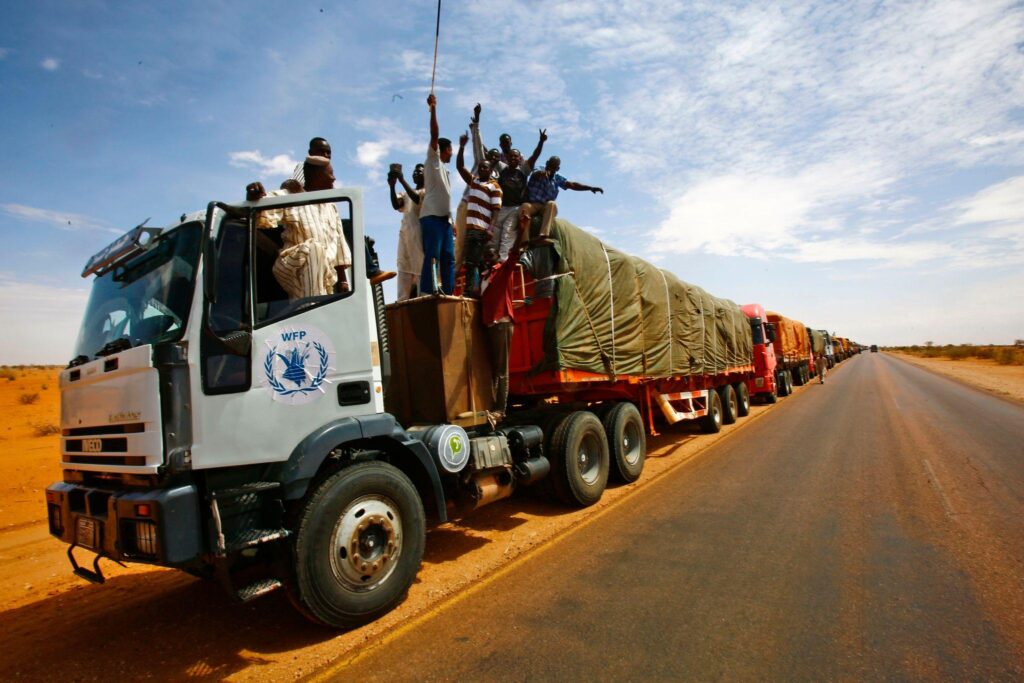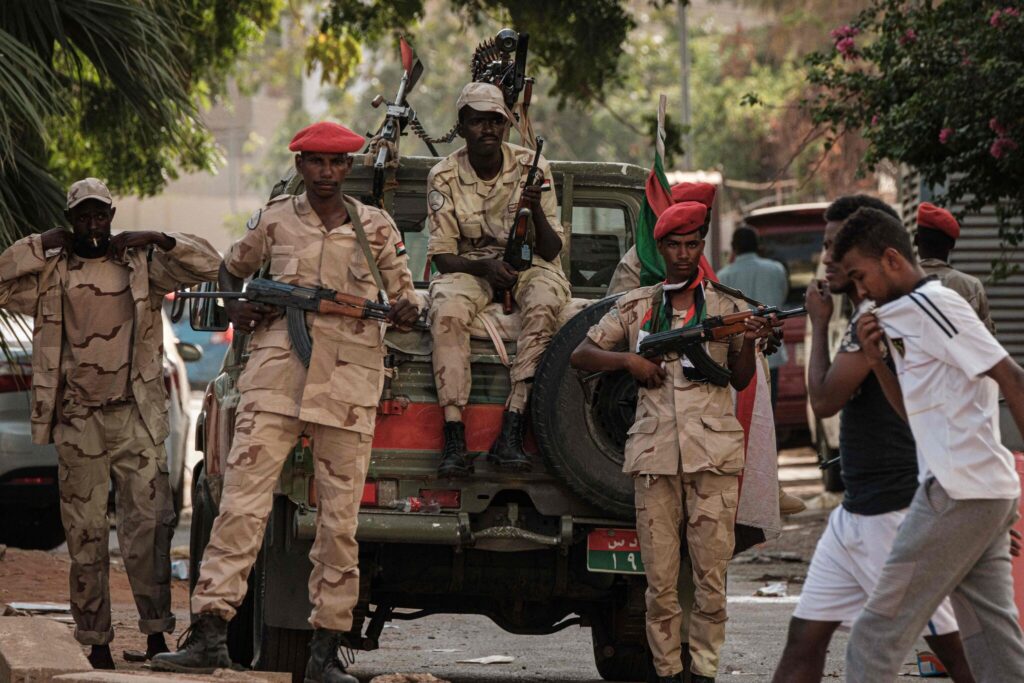
Sudan’s currency tumbled to an unprecedented low on the parallel market on Monday, with dealers quoting the U.S. dollar at about 3,200 Sudanese pounds (SDG) — five times the official bank rate of roughly SDG 600.
Traders said the pound slid almost 15 percent in a single morning, vaulting from SDG 2,800 to SDG 3,200 as importers and military suppliers scrambled for hard currency after customs authorities raised the so‑called “customs dollar” benchmark and government agencies rushed to finance defence purchases.
The rout has sent the price of fuel, wheat, cooking oil and other staples soaring. Shopkeepers in Omdurman reported flour rising 40 percent in a week, while a 20‑litre jerrycan of petrol now costs the equivalent of US $10 on the street — prohibitively expensive in a country where most public salaries are paid in rapidly depreciating pounds.
War‑driven demand and money printing
Economists blame a toxic mix of war spending, shuttered export sectors and unrestrained money printing by the Central Bank of Sudan, which has been covering a widening fiscal gap since conflict erupted in April 2023. “The black‑market spike is the clearest signal yet that monetary policy has lost all credibility,” said financial analyst Hisham al‑Tayeb. He warned that continued reliance on unbacked banknote issuance “will feed a new wave of hyper‑inflation” unless a political settlement halts the fighting.
Cross‑border remittances — once a lifeline for families — have largely dried up amid banking outages, while Gulf‑based deposits that propped up reserves before the war have quietly exited the system, bankers said. With formal forex sales frozen, the street market has become the main source of dollars for everything from medication to diesel. Dealers, spooked by the volatility, briefly suspended sales on Monday afternoon and limited transactions to low‑ball buy bids.
International warnings
Aid agencies and multilateral lenders cautioned that the currency slide, if left unchecked, could spark a cascade of defaults on food and fuel imports. The UN Office for the Coordination of Humanitarian Affairs said rising transport costs were already disrupting relief convoys to Darfur and Kordofan. The World Bank estimates Sudan’s annual inflation, which averaged 230 percent in 2024, will accelerate sharply if the pound fails to stabilise.
Unless fighting eases and export routes for gum arabic, livestock and gold reopen, analysts see little prospect of a sustained rebound. “The pound now trades on fear,” said independent economist Sara Abdalla. “Without hard currency inflows or a credible ceasefire, every day brings another record low.”
The Finance Ministry has yet to announce emergency measures, but officials privately acknowledge that the gap between the official and street rates — now wider than at any time since independence — is crippling efforts to pay for essential imports and public wages.
For ordinary Sudanese, the currency’s collapse has quickly translated into empty shelves and shrinking meals. “We spend the morning changing prices and the afternoon apologising to customers,” said grocery owner Mohamed Gibreel in Khartoum North. “Tomorrow will be worse if nothing changes.”




